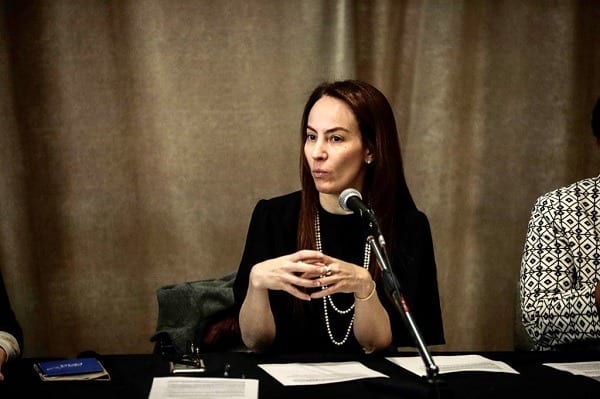Despite this growth, women are still markedly underrepresented in parliaments. Men continue to significantly outnumber women in legislative seats in every world region.
Data from the Inter-Parliamentary Union indicates that in 2008, only 18% of the members of parliamentary bodies were women.
Globally, only three nations – Rwanda, Cuba and Bolivia – have reached or surpassed gender parity. Rwanda, despite having a lower number of women in parliament (59) than larger countries, clocks in with the highest female majority at 56%.
Some countries have laws to ensure that women make up a certain percentage of legislatures. In Rwanda, the nation with the highest share of women in parliament, there is a mandated quota in place requiring women make up at least 30% of all decision making bodies in government.
Three countries included in the Inter-Parliamentary Union data have no women in their parliaments – Federated States of Micronesia, Papua New Guinea and Vanuatu.
Bolivia has seen the highest increase of women in legislative seats over the past decade, going from 15% in 2008 to 52% in 2019, a massive feat and 37 point increase.
According to the data, Australia is ranked equal 48th in terms of female representation in parliament along with Peru and Angola, with women holding 30% of seats in the lower house and 39.5% in the Senate.
If you don’t know where your country ranks, the latest “Women in Politics” map from @UN_Women & @IPUparliament is now online. See it here: https://t.co/evdUAsaEyo #CSW63 pic.twitter.com/dmuMkA0FQx
— United Nations (@UN) March 17, 2019
Finland (42%), United Arab Emirates (23%), Eritrea (22%), Belize (11%) and Lebanon (5%) have seen no change in the share of women of their legislature in the past decade.
Yemen has the lowest share of women in legislative seats, with just 4 women in their 412 member parliament, accounting for 1% of members.
Inter-Parliamentary Union President Gabriela Cuevas Barron has indicated that despite continued under-representation, the picture of power is changing as more women enter politics.
#womeninpolitics are challenging streotypes. The picture of politics and power is changing as more women enter politics. We need more #womeninpower so that younger generations get inspired and magnify the movement, says @IPUPresident @GabyCuevas #CSW63 #BalanceforBetter pic.twitter.com/xqVJ2Rf82K
— iKNOW Politics (@iKNOW_Politics) March 14, 2019


